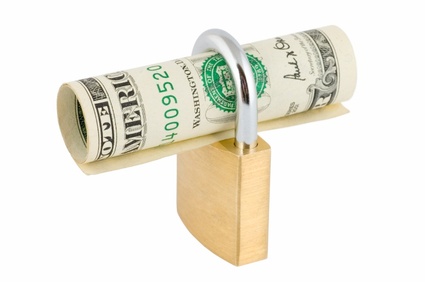 There are many differences between the purchase or sale of an owner-occupied single family home and a multi-family property. One of the most important is the time of the month that you close the deal.
There are many differences between the purchase or sale of an owner-occupied single family home and a multi-family property. One of the most important is the time of the month that you close the deal.
When you purchase your own home, it’s a good idea to try to schedule a closing date toward the end of the month. That way, you save on the amount of interest you pay.
However, when you buy an income property, you want to do just the opposite. Why?
Well, rent is collected at the first of the month. If the purchase agreement for the property is written properly, the seller is responsible for collecting the rent that month, then assigning the pro-rated balance to you at closing.
Example? If rent is $300 a month per unit, and there are four occupied units, he or she would collect $1200. If there are 30 days in the month, and you close on the fifth day, you would be entitled to 25 days of rent or $1000.
Damage deposits should also be written in to the purchase agreement and assigned to you without deductions at closing. If the sum of the deposits is $1200, you would receive that credit at closing.
Together, the rent and deposits give you a head start of $2200. You would also get to collect rent for the following month, or, another $1200, before the first payment on the property was due.
Remember, it’s not party money. I recommend you put it away in a separate account designated for just the property. That way, in the event of an unexpected repair or vacancy, you have the funds available to address it.

